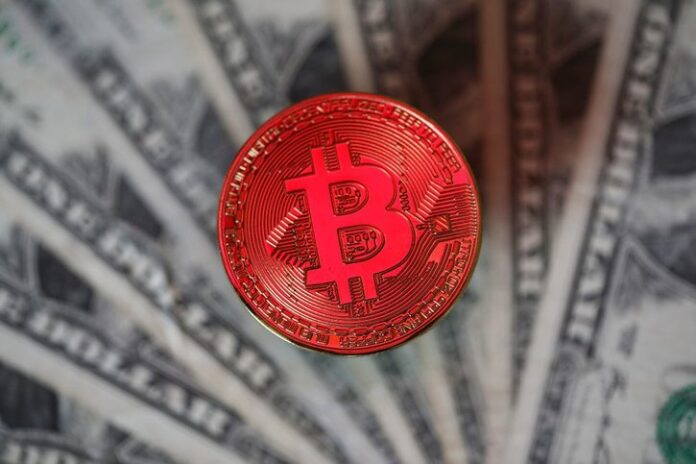Japan’s FSA (Financial Services Agency), which serves as the government’s method of overseeing securities, banking, and exchanges within the country, has announced new plans regarding cryptos. According to new reports, the agency is to set up much stricter requirements on cryptos and their uses for various purposes.
Crypto trading leverage might get an official cap
The way Japan uses Bitcoin (BTC) and its altcoins has changed significantly in the last several months. Right now, these digital assets are mostly tools for speculative investments. According to one DEA agent’s recent statement, over 90% of Bitcoin’s movement between different wallets used to be for criminal purposes.
However, after the crypto market’s rise, and the arrival of new traders and investors, that percentage has dropped significantly. Now, the amount of BTC movements that are suspected to be associated with crime is only 10%. In fact, the five biggest cryptos have raised the trading volume in Japan to ¥69 trillion in 2017. According to statistics, the use of digital coins for payments was replaced by trades with the purpose of making a profit.
One crypto exchange’s senior official even stated that the number of young crypto users, which previously had no connection to the crypto space, has increased immensely. One aspect behind the recent popularity in crypto trading is margin trading. Investors receive offers of leverage from various trading firms so that they would receive higher levels of exposure, while their capital remains relatively small.
Now, one thing that makes the crypto market different than Forex market, for example, is that the crypto market doesn’t really have a leverage cap. Forex market, on the other hand, is pretty limited, with the leverage in Japan being 25:1. This is because the crypto market is outside of Japan’s Financial Instruments and Exchange Act. Additionally, it also managed to avoid regulatory requirements concerning the anti-insider trading, as well as several other issues that regular financial services have to deal with.
The FSA worries about future hacks of crypto exchanges
Even though it was not expected by the FSA, the entire world (Japan included) discovered that entering the crypto world might be a great opportunity to make new and profitable investments. This is not only limited to buying Bitcoin and waiting for its price to go up. Instead, it also includes investing in ICOs, especially in 2017, when their popularity truly skyrocketed.
However, with an increase in trading and investing, also came the increase in hacking attacks. One of the biggest hacks in Japan happened in January of this year when Coincheck lost hundreds of millions in a single attack. The exchange operators’ vulnerability was exposed, and an entire wave of new attacks hit the exchanges all around the world, and especially in Japan.















